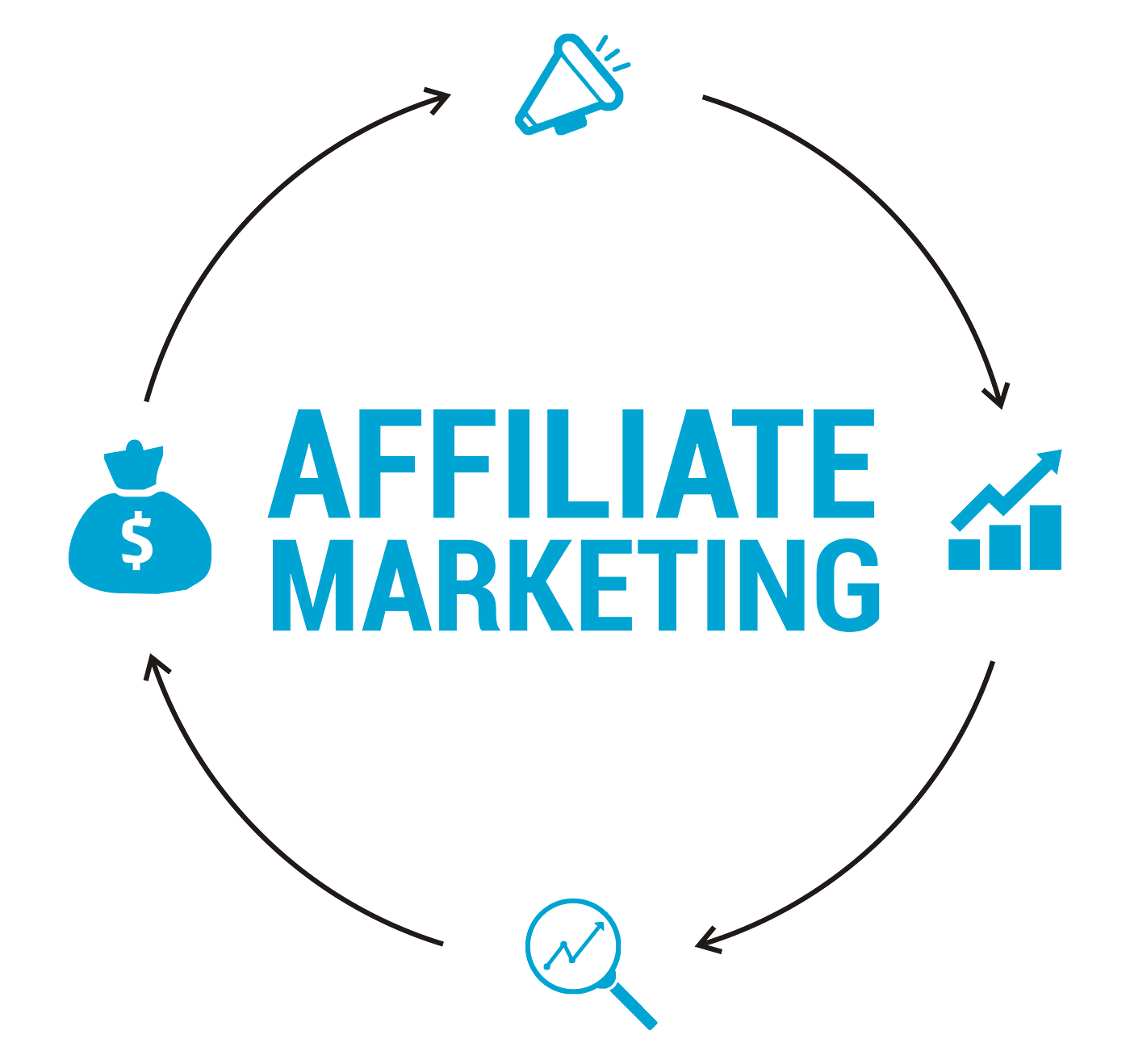Blogging has evolved from a simple hobby to a viable business opportunity. While advertising remains a popular way to earn from a blog, there are numerous other strategies to diversify your income and increase your revenue. This blog will explore various monetization methods beyond traditional advertising, providing you with actionable insights to optimize your blog’s earning potential.
1. Affiliate Marketing

Understanding Affiliate Marketing:
Affiliate marketing involves promoting products or services on your blog and earning a commission for each sale made through your referral link. This method allows you to earn passive income by recommending products that align with your content and audience.
Choosing the Right Affiliate Programs:
To succeed in affiliate marketing, select programs that resonate with your blog’s niche. Platforms like Amazon Associates, ShareASale, and CJ Affiliate offer a variety of products, making it easy to find items that match your content.
Creating High-Quality Content:
Incorporate affiliate links naturally within your content. Product reviews, comparison articles, and how-to guides are effective formats that can drive conversions. Ensure that your content is informative and provides real value to your readers.
2. Selling Digital Products:

Types of Digital Products:
Digital products offer a scalable way to monetize your blog. Consider creating eBooks, online courses, printables, or exclusive content. These products can leverage your expertise and provide significant value to your audience.
Developing Your Digital Products:
Identify topics that interest your audience and create high-quality digital products around them. Use tools like Canva for design and platforms like Teachable for online courses to produce professional products.
Marketing Your Digital Products:
Promote your digital products through blog posts, email newsletters, and social media. Highlight the benefits and unique features of your products to entice your audience. Offering limited-time discounts or bonuses can also boost sales.
3. Offering Services:

Leveraging Your Skills:
If you have expertise in a particular area, consider offering services such as freelance writing, consulting, coaching, or web design. This strategy not only diversifies your income but also positions you as an authority in your niche.
Creating Service Pages:
Dedicate sections of your blog to detail the services you offer. Include pricing, testimonials, and a clear call-to-action to make it easy for potential clients to hire you.
Promoting Your Services:
Use your blog to showcase your expertise through case studies, portfolio pieces, and detailed service descriptions. Networking within your industry and engaging with your audience can also help you find clients.
4. Membership and Subscription Models

Understanding Membership Models:
A membership or subscription model involves offering exclusive content or access to paying members. This can include articles, videos, podcasts, or a community forum.
Setting Up a Membership Site:
Platforms like Patreon, MemberPress, or Substack make it easy to set up and manage a membership site. Offer different membership levels with varying benefits to cater to a broader audience.
Retaining Members:
Consistently provide value to retain your members. Regularly update your premium content, engage with your community, and solicit feedback to improve your offerings.
5. Sponsored Content:

What is Sponsored Content?
Sponsored content involves collaborating with brands to create blog posts that promote their products or services. In return, you receive payment or free products. This method works best if your blog has a substantial following and engagement.
Finding Sponsors:
Reach out to brands directly or join influencer networks like IZEA or TapInfluence to find potential sponsors. Ensure that the products or services align with your blog’s theme and audience.
Crafting Authentic Sponsored Content:
Maintain authenticity by providing honest reviews and opinions in your sponsored posts. Clearly disclose any sponsorships to keep your readers’ trust and comply with advertising regulations.
6. Hosting Webinars and Online Workshops

Benefits of Webinars and Workshops:
Hosting webinars and online workshops can be a lucrative way to share your knowledge and engage with your audience. You can charge a fee for attendance or offer premium content during the events.
Planning and Promoting Your Events:
Choose topics that are relevant and valuable to your audience. Promote your events through blog posts, email newsletters, and social media. Use tools like Zoom or WebinarJam to host your events.
Delivering High-Quality Content:
Ensure that your webinars and workshops are well-organized and provide actionable insights. Engage with your attendees through Q&A sessions and follow-up materials to enhance their experience.
7. Creating and Selling Merchandise

Types of Merchandise:
Consider creating branded merchandise like T-shirts, mugs, and stickers that resonate with your audience. Print-on-demand services like Teespring or Printful can help you get started with minimal upfront investment.
Designing Your Merchandise:
Create unique and appealing designs that reflect your blog’s theme and audience interests. Use graphic design tools like Adobe Illustrator or Canva to create professional-looking products.
Marketing Your Merchandise:
Promote your merchandise through blog posts, social media, and email newsletters. Highlight the unique aspects of your products and offer limited-time discounts to encourage purchases.
8. Utilizing Email Marketing

Building an Email List:
An email list allows you to directly reach your audience with promotions, updates, and content. Use lead magnets like free eBooks or exclusive content to encourage sign-ups.
Crafting Effective Email Campaigns:
Create engaging email campaigns that provide value to your subscribers. Include a mix of informational content, product promotions, and personalized messages to maintain interest.
Monetizing Your Email List:
Promote your digital products, services, or affiliate links through your email campaigns. Segment your list to tailor content and offers to different subscriber groups, increasing the likelihood of conversions.
9. Collaborating with Other Bloggers

Benefits of Collaboration:
Collaborating with other bloggers can help you reach new audiences and boost your credibility. Guest posting, joint ventures, and co-hosting events are effective ways to collaborate.
Finding Collaboration Opportunities:
Network with other bloggers in your niche through social media, blogging forums, and industry events. Look for opportunities to contribute guest posts or partner on projects that benefit both parties.
Executing Successful Collaborations:
Ensure that collaborations are mutually beneficial and align with your blog’s goals. Clearly communicate expectations and responsibilities to avoid misunderstandings.
Conclusion:
Monetizing your blog through diverse revenue streams can significantly increase your earnings and reduce reliance on advertising. By exploring strategies like affiliate marketing, selling digital products, offering services, and more, you can create a sustainable and profitable blogging business. Experiment with different methods, analyze your results, and continuously refine your approach to maximize your blog’s monetization potential. Remember, successful monetization requires dedication, creativity, and a focus on providing value to your audience.

